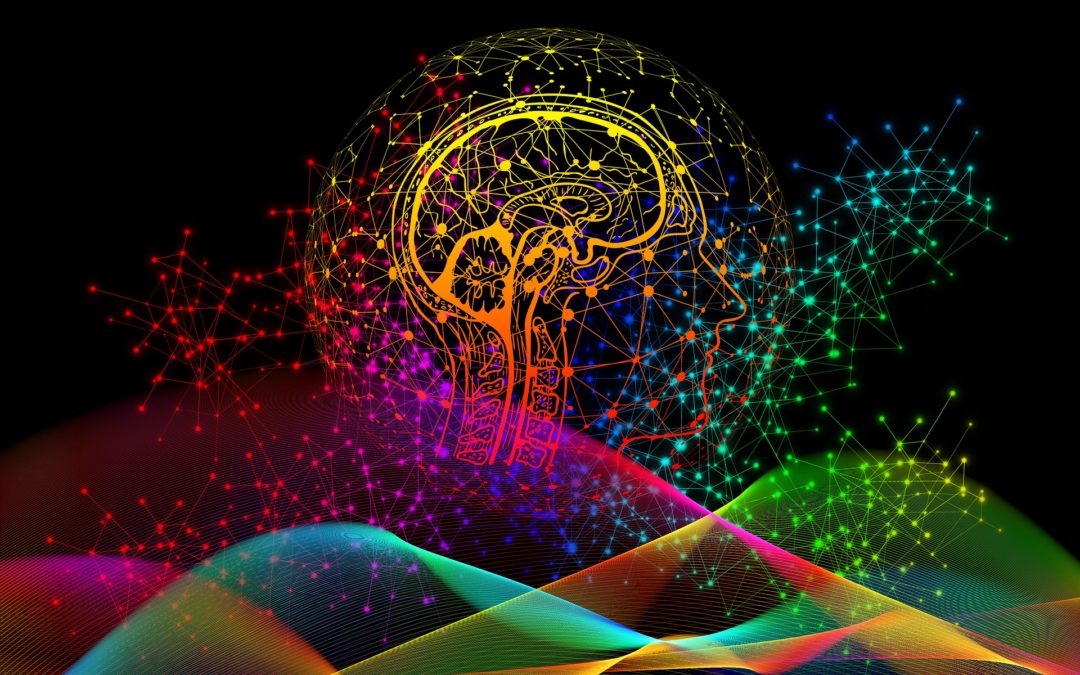The present is an exciting time for the mental health industry. Psychedelic drugs are experiencing a renaissance. Once criminally abused, psychedelics are now being clinically applied to treat a number of psychiatric disorders. Recent studies have shown that drugs such as ketamine, LSD, psilocybin, and others may be permanent solutions to treatment-resistant depression, PTSD, and anxiety.
This research comes at a desperate time. It is estimated that by 2026, the market for anxiety and depression treatment will reach $18.9 billion in the US. This is expected to inundate the mental health industry, leaving many professionals seeking more effective therapies for their patients. Currently, 30% of depression cases are treatment resistant, which begs the question: why is the current suite of first-line antidepressant medications not yielding better outcomes?
Looking back at the 1970s and 1980s, these were the golden years of medical breakthroughs when it comes to mental illness. During this time, the role of serotonin in depression was becoming evident, and close attention was placed on selective serotonin reuptake inhibitors (SSRIs) as the gold standard in depression treatment. The most famous development in the history of antidepressants emerged from this period of research: Prozac. Following shortly after were medications such as Zoloft and Wellbutrin, which is a slightly different class of antidepressant.
Despite these advances, remarkable progress has not been made since this era, and there are many drawbacks to these original medications. Antidepressants can carry a slew of side effects including nausea, dizziness, insomnia, and sexual dysfunctions. These drugs usually take several weeks—if not longer—to really start working, and many people with depression do not respond to these drugs at all. These shortcomings demand new options for depression treatment.
The answer might just lie in the use of psychedelics for mental health. Psychedelic drugs are not a new phenomenon. Many of them are found in nature, such as in fungi, trees, seeds, and leaves. Others are created synthetically to mimic those of natural hallucinogens. These drugs have been used by different cultures to facilitate mystical and spiritual experiences, and to treat mental illness since ancient times.
It seems that our predecessors may have been onto something, as recent clinical studies have shown mounting evidence that some psychedelics can help patients with certain mental illnesses, primarily in situations where nothing else has worked. “People are getting behind psychedelic-assisted therapies because they are desperate for real solutions that actually work, and for many, this treatment does,” said Liana Gillooly, a development officer at MAPS. Drugs such as ketamine, LSD, psilocybin and others may be the new “miracle treatments” of the future.
Researchers believe that psychedelic drugs alter the way neurons connect to one another, allowing patients to essentially rewire damaged neuronal circuits. As a result of the way in which psychedelic drugs interact with the brain, the outcome is that symptomatic relief is nearly immediate, long lasting, and with minimal side effects.
Psychedelics show good promise to be a game changer in the arena of mental health, though many psychedelics are not yet ready to be rolled out on a grand scale. Ketamine, however, has been around for decades, and is here for the long haul. Ketamine infusions are available for qualified patients, and deliver fast-acting relief from even the most severe depression symptoms.
![]()
Contact Ketamine Greater Boston
To find out if you qualify for ketamine infusion therapy, please contact Ketamine Greater Boston ketamine clinic to request a complimentary consultation. Just complete the brief form below, and a member of our team will reach out shortly to answer your questions and address your concerns.


Recent Comments